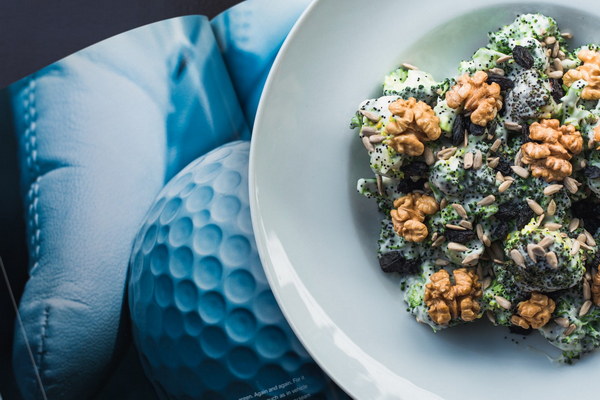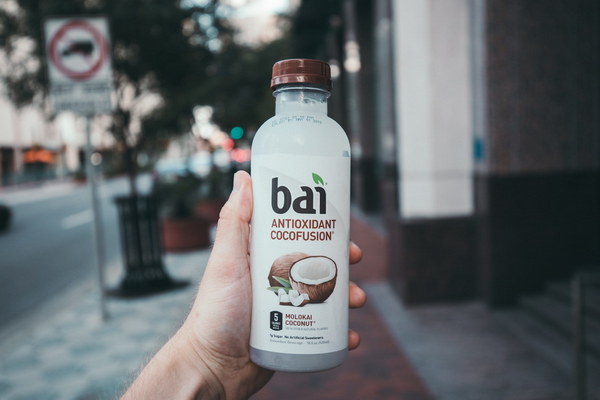Debunking Beauty Product Myths Common Misconceptions in Skincare and Cosmetics
In the world of beauty and skincare, there's no shortage of advice, trends, and products promising to transform your skin. However, not all of the information out there is accurate, and some skincare myths can actually hinder your efforts to achieve healthy, glowing skin. Let's delve into some of the most common misconceptions in the realm of beauty products and skincare.
Myth 1: More Products Mean Better Results
Many people believe that layering on multiple skincare products will lead to better results. In reality, overusing products can overwhelm your skin and cause irritation, breakouts, or other unwanted effects. It's important to use products according to their intended purpose and to give your skin time to absorb them before moving on to the next.
Myth 2: Expensive Skincare is Always Better
While higher-end products can sometimes contain more potent ingredients, the price tag doesn't guarantee effectiveness. There are many affordable skincare brands that offer high-quality, effective products. It's crucial to research ingredients and product reviews rather than relying solely on price.
Myth 3: Natural Ingredients Are Always Best
While natural ingredients can be beneficial, not all natural products are suitable for everyone's skin type. Some natural ingredients can be harsh or irritating, especially for sensitive skin. It's essential to consider the specific needs of your skin and the potential reactions to certain ingredients.
Myth 4: You Need to Exfoliate Daily
Exfoliating helps to remove dead skin cells and can improve skin texture, but doing it too often can strip your skin of its natural oils, leading to dryness, irritation, and sensitivity. Most skin types should exfoliate no more than once or twice a week to maintain a healthy balance.
Myth 5: Water Is Bad for Your Skin
This myth suggests that water can wash away the natural oils that keep your skin hydrated. While water can indeed strip away oils, it's also necessary for cleansing the skin and removing impurities. The key is to balance cleansing and hydration by using gentle, nourishing cleansers and moisturizers.
Myth 6: Sunscreen Should Only Be Used in the Summer
Sun damage can occur year-round, regardless of the season. Applying sunscreen daily is one of the most effective ways to prevent premature aging and skin cancer. Even on cloudy days, UV rays can penetrate the atmosphere and harm your skin.
Myth 7: Oily Skin Should Avoid Moisturizers
Contrary to popular belief, oily skin still needs moisture. Skipping moisturizer can lead to dehydration, which can exacerbate oil production. Opt for oil-free, non-comedogenic moisturizers to keep your skin balanced and hydrated.
Myth 8: Acne Can Be Caused by Poor Hygiene

While poor hygiene can contribute to acne, it's not the primary cause. Hormonal fluctuations, genetics, and other factors play a significant role in acne development. Cleansing your skin regularly is important, but focusing solely on hygiene is not enough to clear acne.
Myth 9: Pores Can Be Shrunk
Pores are naturally occurring openings in the skin that allow for the release of oil and sweat. They cannot be shrunk with skincare products, but you can minimize their appearance with regular exfoliation, topical treatments, and a healthy skincare routine.
Myth 10: If a Product Works for One Person, It Will Work for Everyone
Skin is highly individual, and what works for one person may not work for another. It's essential to experiment with different products and ingredients to find what works best for your unique skin type and concerns.
By understanding and debunking these common misconceptions, you can make more informed decisions about your skincare routine. Remember, the key to healthy skin is a balanced approach that considers your skin's specific needs, rather than falling prey to unproven myths.









